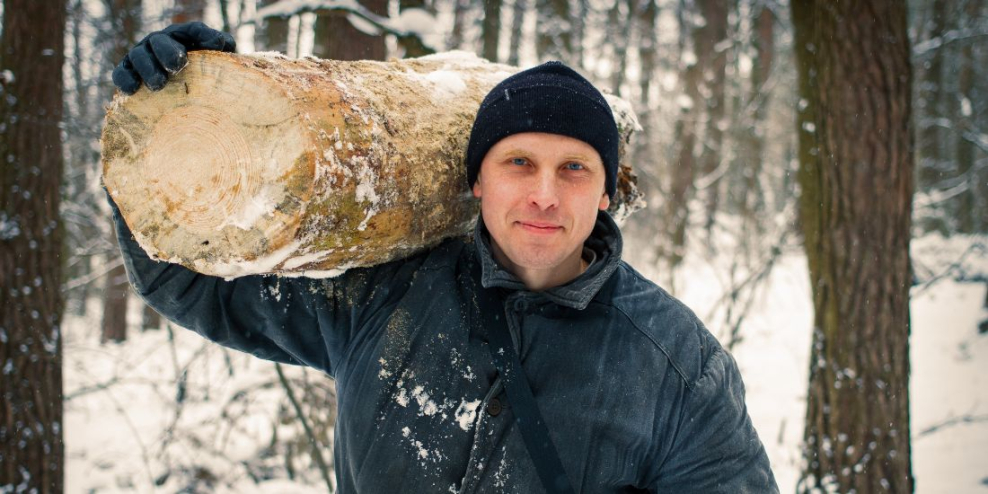You know what they say about the definition of insanity—doing the same thing and expecting different results.
Look no further than the logging industries to prove the old adage.
In a desperate attempt to squeeze every last cent of profit from BC’s magnificent forests, the logging industry is always looking for a new angle.
So it shouldn’t be a surprise when Bruce Ralston, BC’s Forest Minister, says, “Forestry is – and will remain – a foundation of BC’s economy.”
In January, the Province announced an investment of $50 million in projects funded through the Forest Enhancement Society of BC (FESBC).
The funding will go to projects and programs to use low-value and residual fibre as an alternative to old-growth clear-cutting. Specifically, it’s supposed to extract profits from trees damaged by wildfires, pine beetles, and waste from logging that would otherwise be burned in slash piles.
The good news is that the CleanBC Roadmap to 2030 wants to make slash pile burning a thing of the past by 2030. It’s long overdue.
The idea is to exploit unused timber, thus reducing greenhouse gas emissions and creating new economic opportunities.
“We know that access to fibre is one of the most critical challenges facing the industry, and we’re working hard to find new sources,” said Premier David Eby as part of the funding announcement.
The pulp and paper industry was singing from the same songbook. Indeed, they shared the news release with the Ministry.
“Salvaging fire-damaged stands and logging waste will result in significant environmental and social benefits for the Province,” said Joe Nemeth, manager of the Pulp and Paper Coalition. “It will help current mills remain running, and paves the way for major investment in BC.”
Isn’t “paves the way” a weird turn of phrase when referring to forests and climate?
This is the latest in a long list of government-industry plans to “accelerate the shift into new value-added products.”
“Forestry contractors will have more work hauling fibre that would otherwise be too remote or costly to access,” Premier Eby told the Truck Loggers Association convention in Vancouver. “The projects funded through the FESBC will help us get more fire-damaged wood and logging waste to the mills that need it.”
“As market prices have declined, forestry workers should know that government has their backs,” Minister Ralston added in a release.
Now, we support workers, of course. But jobs cannot come at the expense of living, breathing forests. No matter the forests’ so-called “quality.”
Processing fibre from large, centuries-old trees has been the industry’s problematic go-to for a long time. But, unfortunately, decades of heavy logging means there just isn’t much high-quality old-growth left to maintain the status quo hell-bent on destroying the natural world.
Jens Wieting, a senior forest campaigner with Sierra Club, says the new proposal is another way to keep an unsustainable practice going.
“Funding to increase fibre supply will fuel the climate and biodiversity crisis and should instead be used to support Indigenous-led conservation and restoration, as well as alternative forestry models that allow ecological recovery instead of taking even more from already degraded landscapes,” Wieting said.
“Remaining intact stands in BC are crucial for clean air, clean water and a livable climate and help reduce the risks of catastrophic flooding, droughts, landslides, heatwaves and wildfires,” added Wieting.
Wieting thinks the logging industry needs to change to have a viable future.
While Eby’s new government has committed to having workers’ backs, it’s unclear what it’s willing to do to sustain their future, or the forests they and their communities rely on.










